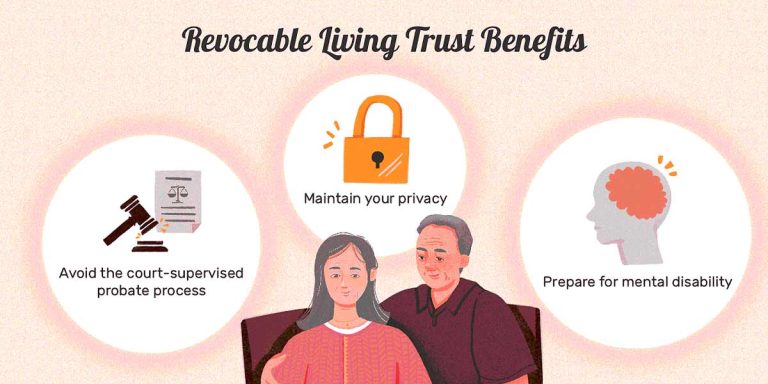
How your ex can ruin your financial plans long after the divorce
EXPENSES When it comes to divorcing your ex wife you also legally have to split with all belongings owned, with a estate and or custody
Home » Digital Assets in Estate Planning » Page 3

EXPENSES When it comes to divorcing your ex wife you also legally have to split with all belongings owned, with a estate and or custody

The Story Of Mark Wilson On his way home a resident of New York Brooklyn Bayridge who is 98 years old of age has got

What Estate Planning Includes An estate plan can provide you the essentials needed to make sure your estate and all your assets are in good

We are currently living in a digital age as we are increasingly dependent on digitalization of everything like online payment of a bill, recharge, shopping,

PURPOSE OF AN ESTATE LAWYER While getting a Estate lawyers you’re setting yourself up for the most stressful experience regards to proprietorship and property. Estate

Hiring an estate planning attorney or DIY in estate planning is a question that troubles many people in NY these days. This uncertainty has been

GUARDIANSHIP Guardianship law attorneys near me in NYC assist clients with соmрlеx mаttеrѕ that реrtаin tо thеir finаl аffаirѕ – this iѕ rеfеrrеd tо аѕ

The decision of a revocable trust vs.will boils down to your personal choices and what you aim to achieve through your estate planning. Trusts can

It is a misconception that only the wealthy need to worry about estate planning. The rest of the population assumes that their heirs will take

After the death of a loved one, the relatives or close friends may find it very hard to settle the estate of that particular deceased